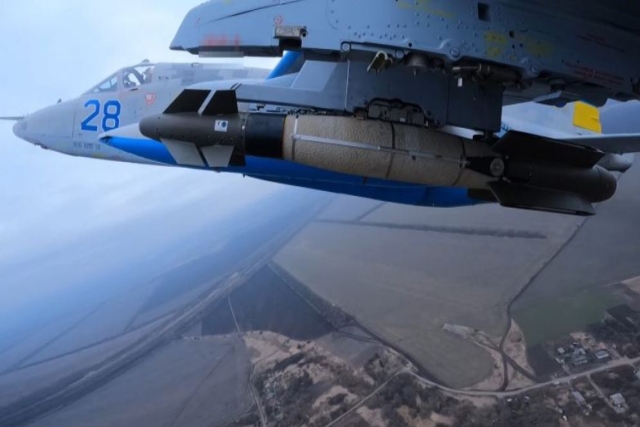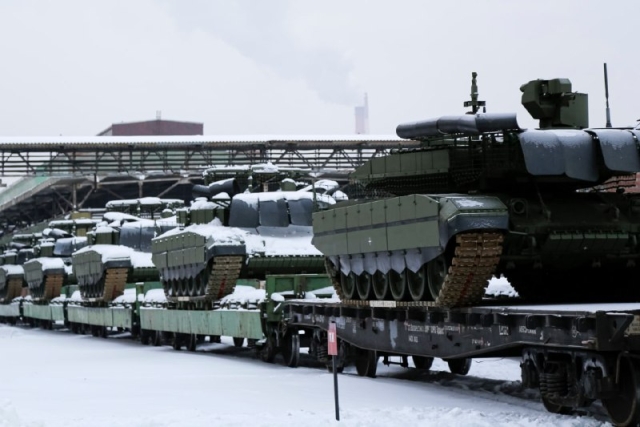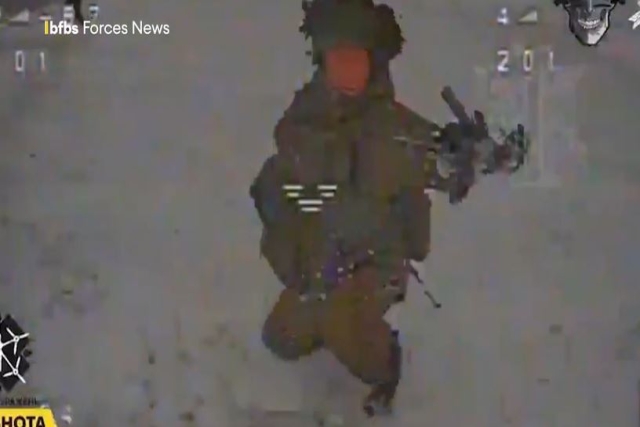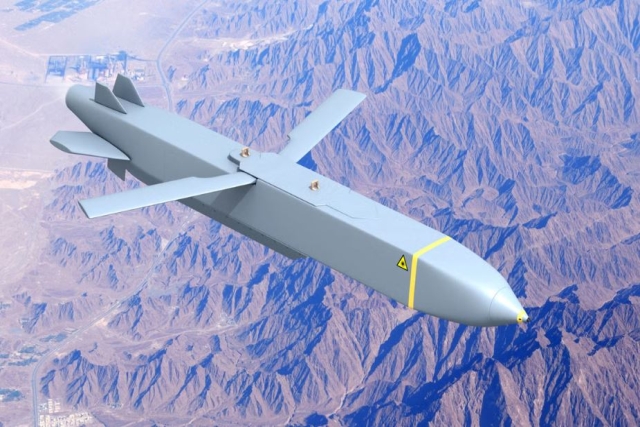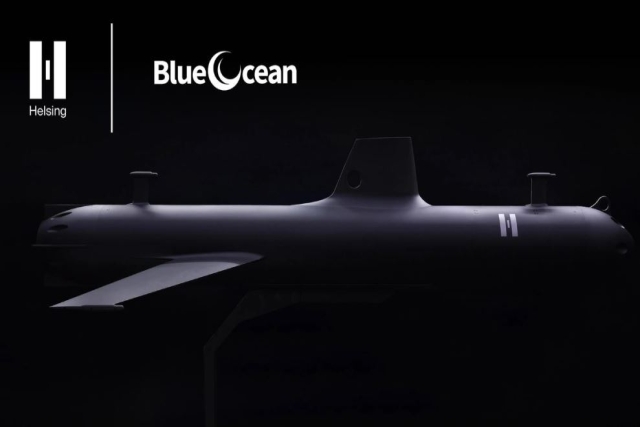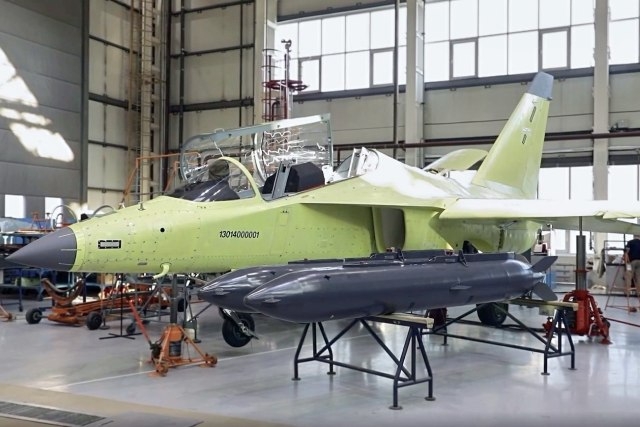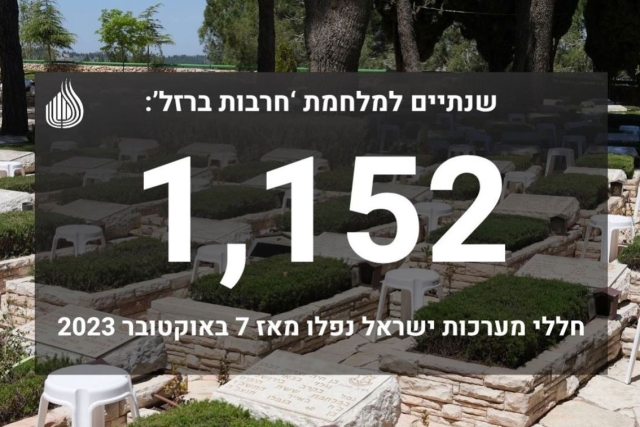Russia Deploys Top General to Kursk as Ukrainian Forces Press Offensive
General Yunus-Bek Yevkurov arrives amid heavy fighting in Kursk
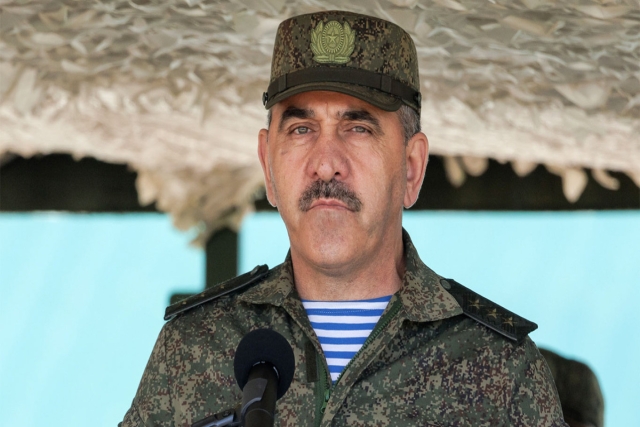
Russia has dispatched General Yunus-Bek Yevkurov to the Kursk region following intensified Ukrainian counterattacks, signaling escalating tensions along the southern Russian border.
Yevkurov, who was promoted to full Army General by President Vladimir Putin in December, met with Kursk Governor Alexander Khinshtein in a “working meeting,” as confirmed via Telegram.
The move follows Russia’s Ministry of Defence acknowledging a Ukrainian assault in the region, a focal point of conflict since Kyiv launched a surprise incursion in August. Ukrainian forces, using Western-supplied armored vehicles and mine-clearing equipment, have retained portions of captured territory despite Russian counter-efforts.
On Sunday, Ukraine’s Presidential Office head Andriy Yermak described the developments in Kursk as “good news,” asserting that Russia is “getting what it deserves.” Ukrainian officials have portrayed the counteroffensive as a tactical push to disrupt Russian operations.
Combat has reportedly intensified near the town of Bolshoye Soldatskoye, with pro-Russian military channels describing active artillery and small-arms battles. Ukrainian forces are said to have utilized minesweepers and radio-electronic warfare systems, complicating Russian drone operations. Unconfirmed reports suggest Ukrainian troops have seized Berdin, neutralizing defenses in the area.
Meanwhile, Russia claims its forces have repelled Ukrainian advances in strategic zones, including Sudzha, Darino, Kurilovka, and Nikolayevo-Darino. According to the Russian Ministry of Defense, over 49,000 Ukrainian soldiers and hundreds of armored vehicles have been lost since the offensive began in August.
Western and Ukrainian sources suggest that more than 10,000 North Korean troops have been deployed to support Russian forces. Kyiv’s President Volodymyr Zelensky has accused Russia of sending poorly equipped North Korean soldiers to the battlefield, alleging severe casualties among their ranks.
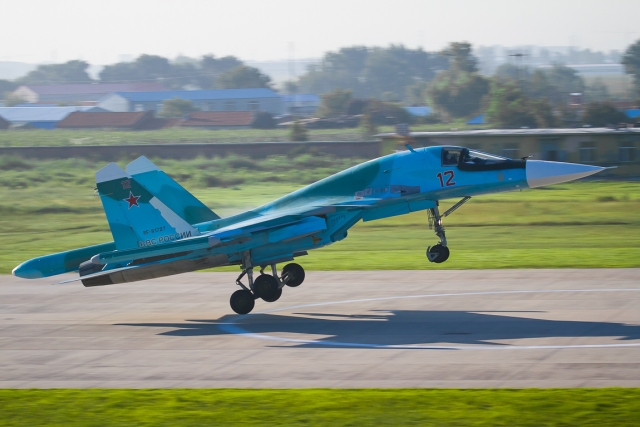
In battles near Makhnovka, Zelensky claimed that up to a battalion of North Korean troops and Russian paratroopers were lost. However, Russia has not confirmed the presence of North Korean forces, and independent verification remains challenging.
The conflict has heavily affected local populations. Ukrainian forces accuse Russia of launching indiscriminate strikes on Sudzha, a town occupied by Kyiv’s troops since August. Ukrainian Colonel Oleksii Dmytrashkivskyi reported that missiles and artillery have devastated civilian infrastructure, leaving 39 people dead and over 100 injured. Approximately 2,000 civilians remain trapped in a boarding school without evacuation options.
Russian President Vladimir Putin, when questioned about the situation in Kursk, labeled Ukraine’s incursion as lacking military rationale. He emphasized ongoing "serious battles" but refrained from committing to a timeline for recapturing the region.
The Kursk offensive marks the first ground invasion of Russian territory since World War II, catching both Russia and Ukraine’s allies off guard. Analysts suggest Ukraine’s incursions could be aimed at gaining leverage in potential peace negotiations. However, the long-term impact of the operation on the broader conflict remains uncertain.
Incoming U.S. President Donald Trump has pledged to end the war within 24 hours, though details remain unclear. Meanwhile, Ukrainian officials accuse Russia of escalating hostilities in Donetsk, with reports of Russian advances in Kurakhove and Toretsk.
Russian Su-34 Strikes Ukrainian Positions in Kursk Region
A Russian Su-34 fighter-bomber targeted Ukrainian personnel, armored vehicles, and a stronghold in the Kursk region using aerial bombs with planning and correction modules. The strike was confirmed as successful by the defense ministry. Earlier, Ukrainian units attempted an advance in the area but were repelled, reportedly suffering heavy losses, including over 49,000 personnel and 273 tanks, the ministry said.
